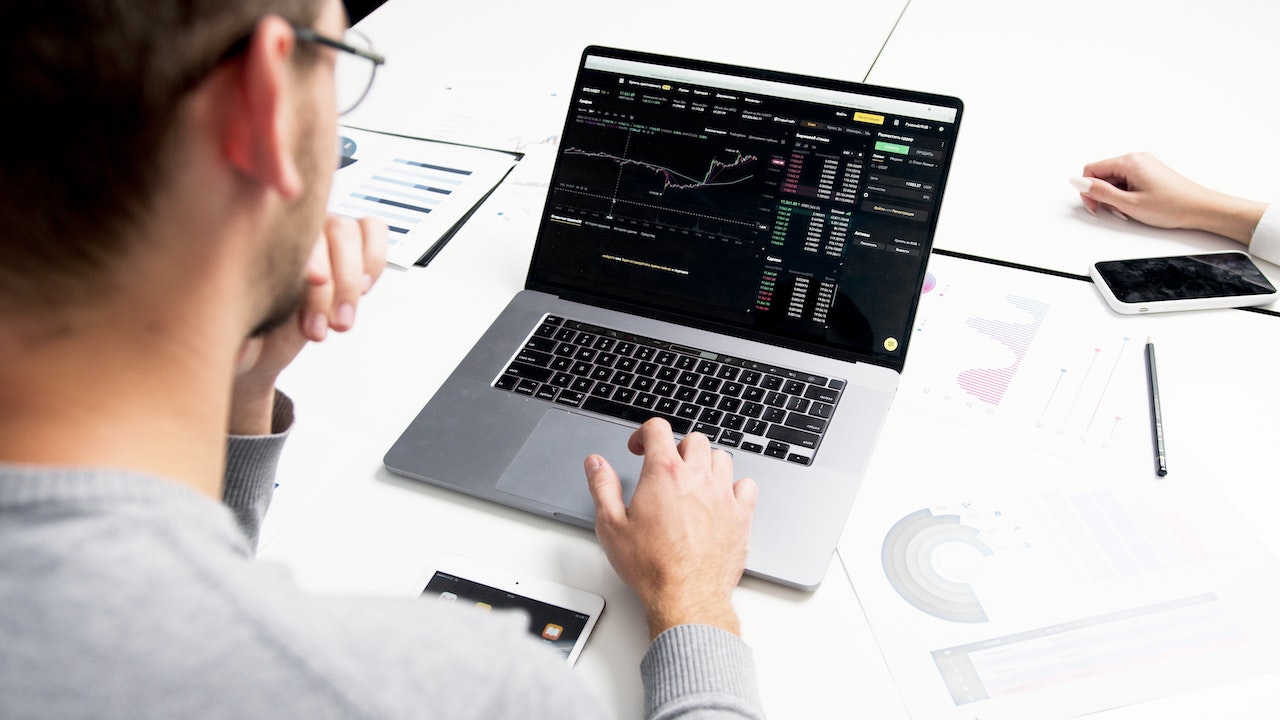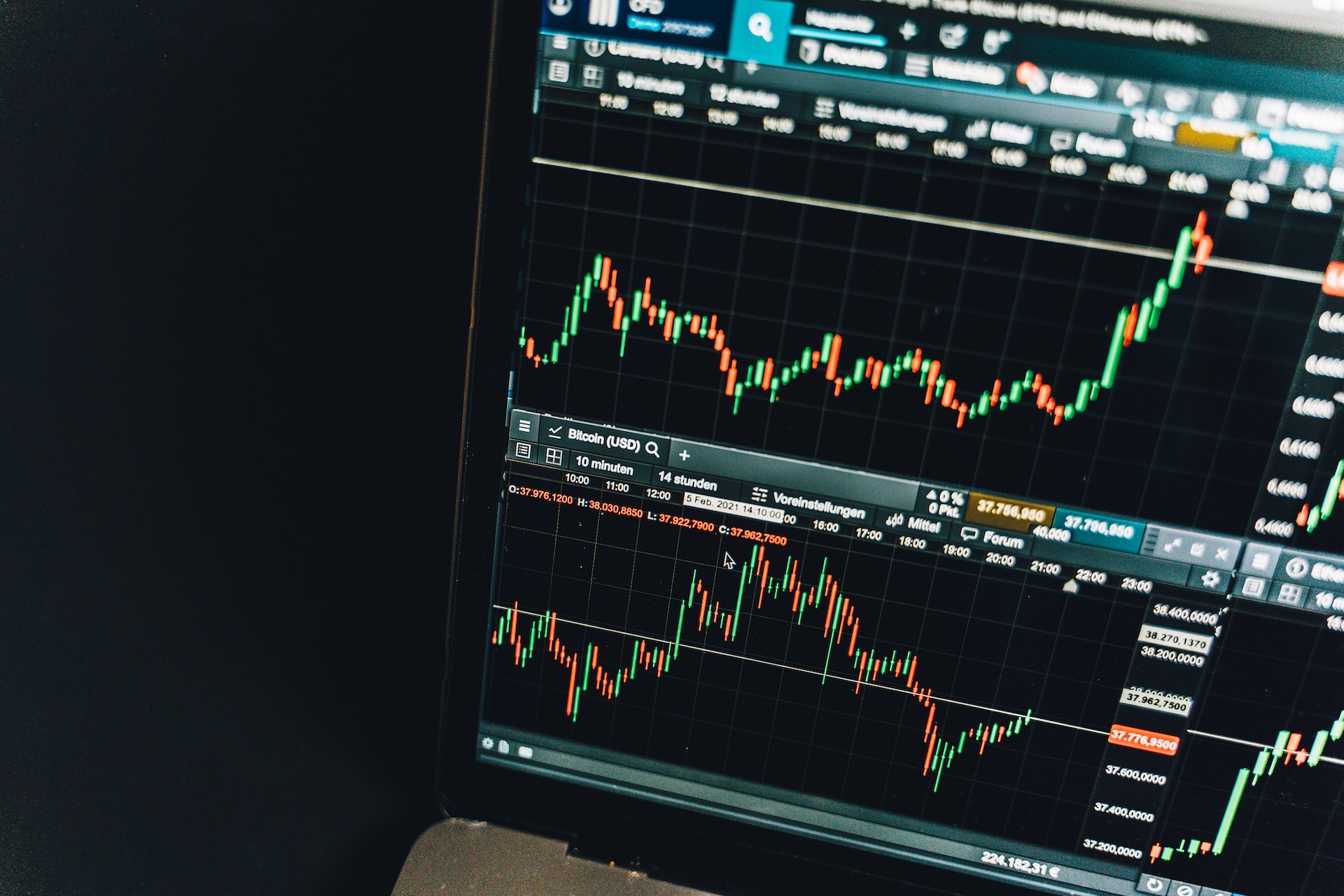Welcome to the exciting world of trading. Whether you’re a seasoned investor looking to expand your portfolio or a newbie dipping your toes into the financial markets for the first time, starting trading can be thrilling and rewarding. But before you dive in headfirst, it’s important to consider some key factors that will help set you up for success. In this blog post, we’ll explore crucial elements such as risk versus reward, knowledge and education, understanding fees and charges, investment selection and allocation.

Risk vs. Reward
When it comes to trading, the concept of risk versus reward is at the forefront of every decision you make. It’s like a delicate balancing act, where you have to weigh the potential gains against the possible losses. Many people know that day trading is very risky. But if you still push through with it, you should first learn the best charts for day trading. Investing in financial markets inherently involves risks. Prices can fluctuate wildly, and there are no guarantees of profit-making. However, with increased risk also comes the possibility of higher rewards. It’s all about finding that sweet spot that aligns with your personal goals and risk tolerance.
Knowledge and Education
When it comes to starting trading, knowledge, and education are key factors that should not be overlooked. Trading involves understanding the markets, analyzing trends, and making informed decisions. Without the proper knowledge and education, you may be disadvantaged. One important aspect of gaining knowledge is staying updated with current market news and events. This can be done by reading financial publications or following reputable online sources. Additionally, attending seminars or webinars on trading strategies can provide valuable insights from experts in the field.

Understanding Fees, Charges, and Returns
When starting trading, it’s crucial to clearly understand the fees, charges, and returns associated with your investments. These factors can greatly impact your overall profitability. Take the time to research and compare brokerage fees thoroughly. Different platforms may charge commissions or transaction costs for buying and selling securities. Finding a broker that aligns with your investment goals while offering competitive rates is important. Additionally, be aware of any additional charges, such as account maintenance fees or inactivity fees. These hidden costs can eat into your returns over time if not carefully considered.
Investment Selection & Allocation
When starting trading, one of the key factors to consider is investment selection and allocation. This involves carefully choosing which assets or securities to invest in and how much of your portfolio should be allocated to each. The first step is conducting thorough research on different investment options. It is important that you understand the risks and potential rewards associated with each asset class, such as stocks, bonds, commodities, or real estate. This will help you make informed decisions based on your risk tolerance and financial goals. Diversification is another important aspect of investment selection and allocation. You can potentially reduce risk and maximize returns by spreading your investments across different asset classes and industries.
Starting your trading journey can be an exciting and rewarding venture. However, it is crucial to consider several key factors before diving in. By evaluating the risk vs. reward, gaining knowledge and education, understanding fees, selecting the right investments, and allocating your resources effectively, you will be better equipped to navigate the complexities of the trading world. Trading can be a fulfilling journey if approached with careful consideration and informed decision-making processes in place.

